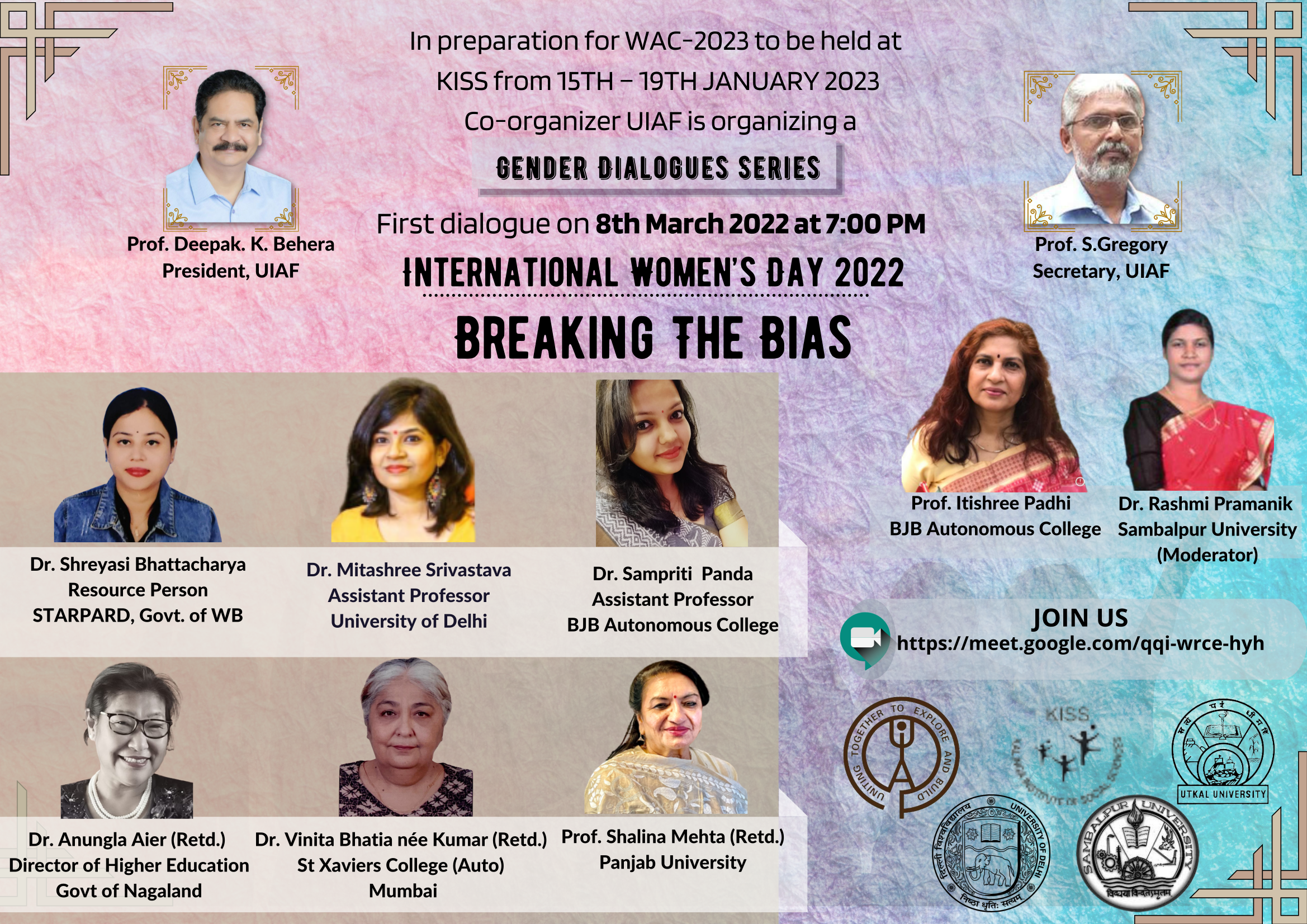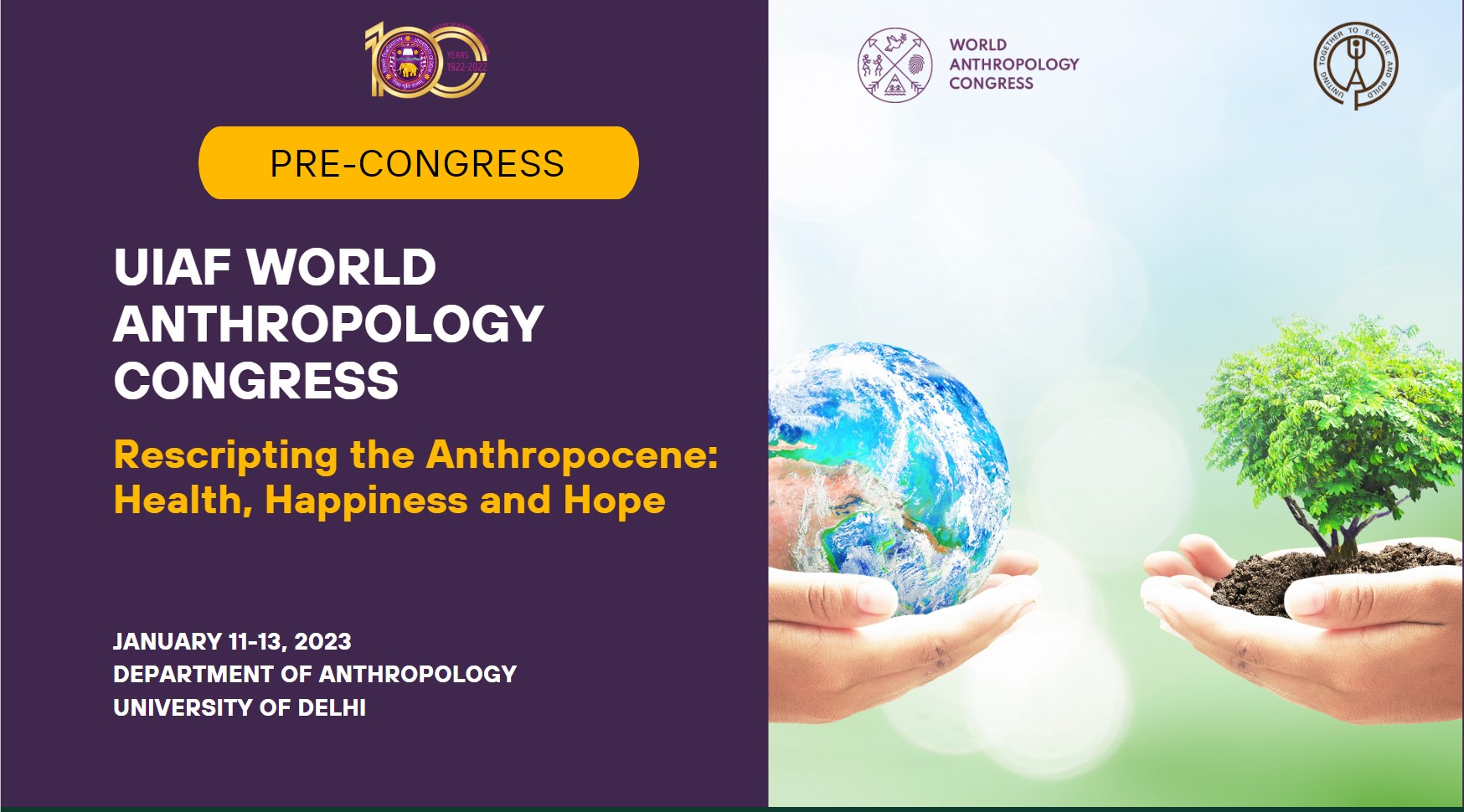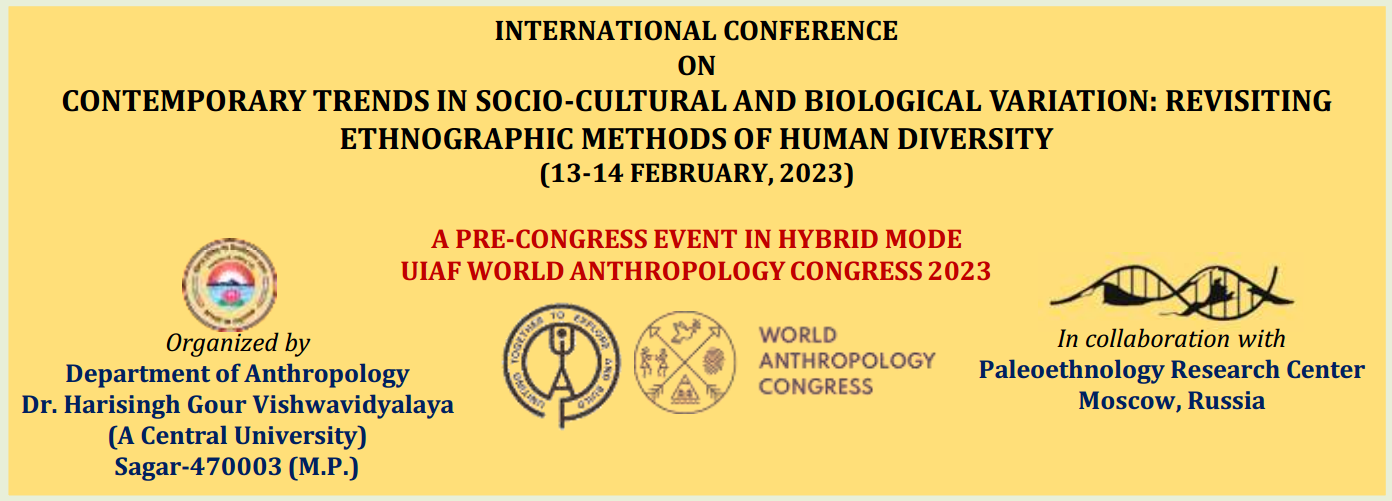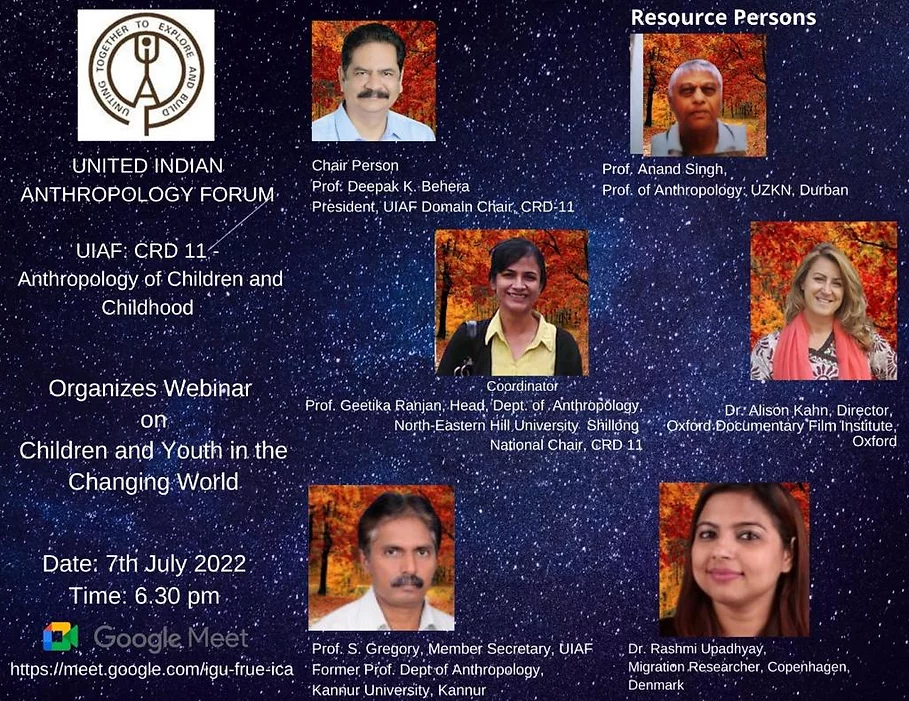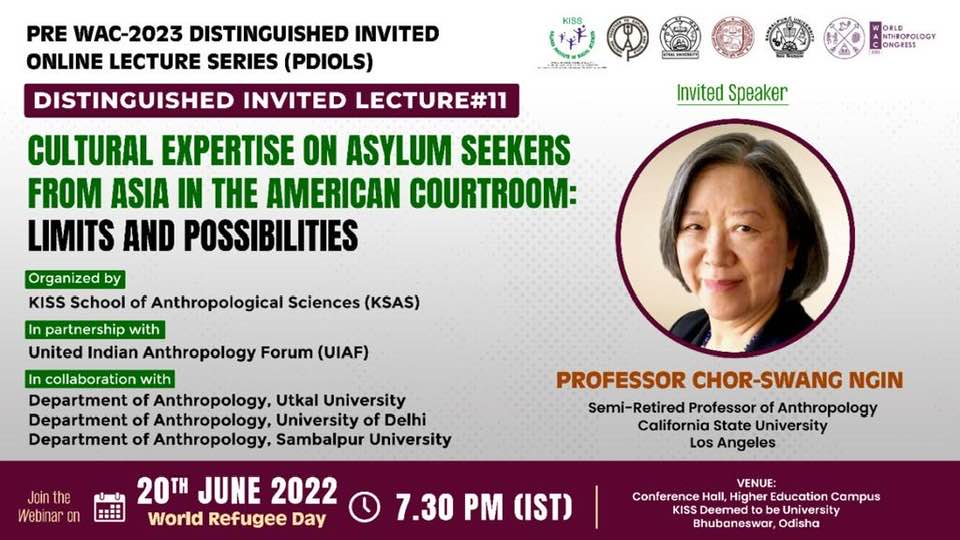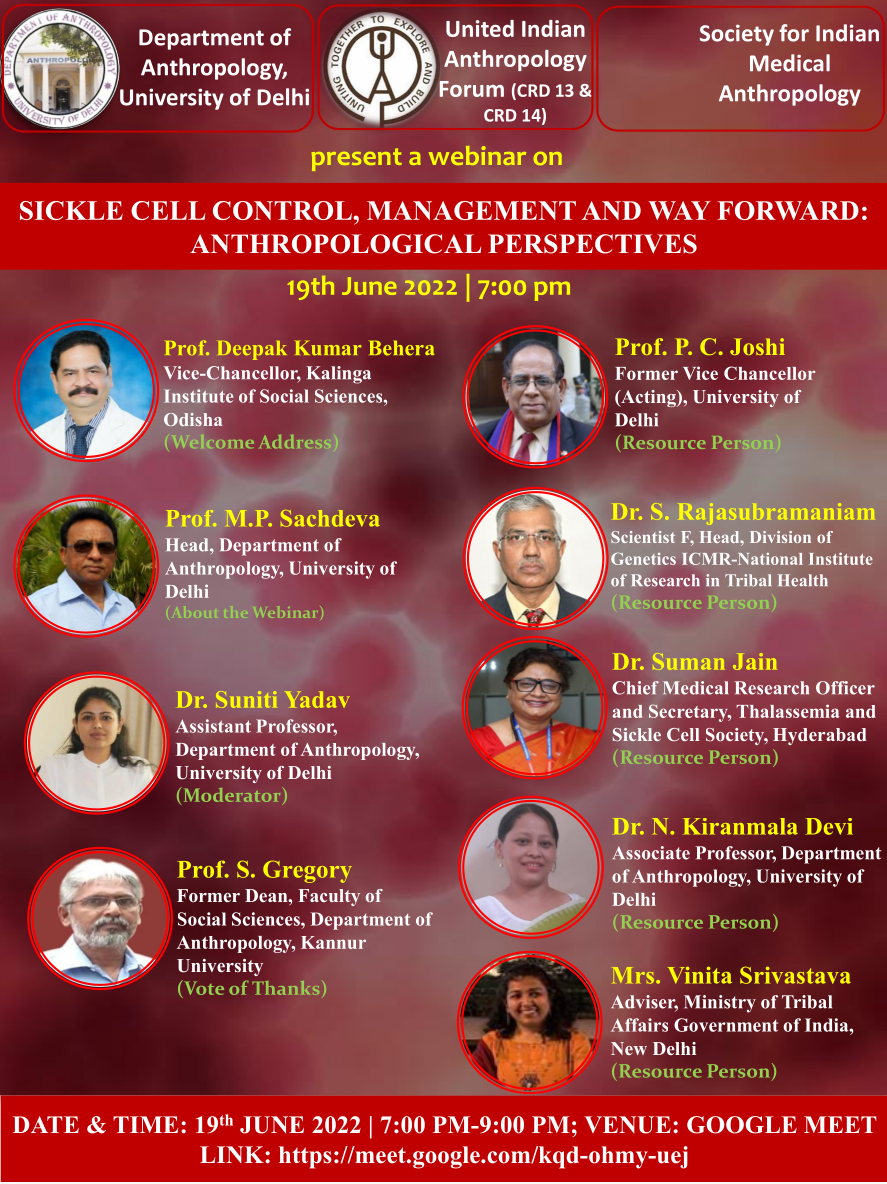GENDER DIALOGUE SERIES
Organized by: GENDER DOMAIN OF UIAF
Date: 8th March 2022
Mode: Online
On International Women’s Day, 8th March 2022, the Gender Domain of UIAF initiated a pre-WAC-23, ‘Gender Dialogue Series’. The theme of the first dialogue was Breaking the Bias which dealt with the issues involving stereotypes, prejudice, workplace alienation, restrictions on political participation etc. These were dealt by six women panellists from the perspective of their individual reflexivity and experiential learning.
President of UIAF and Vice-Chancellor KISS, Professor Deepak Kumar Behera, on behalf of the partner institution of WAC-23(viz. Sambalpur University, KISS Deemed to be University, Utkal University, University of Delhi, and UIAF), welcomed the panellists and virtual participants and appreciated the gender dialogue initiative. He then invited the convenor of the Gender Domain, Dr ItishreePadhi, Professor at BJB Autonomous College to initiate the proceedings. In her opening remarks, she succinctly explained a woman’s journey from within the four walls to a broad spectrum of multi-skilling and multi-tasking responsibilities. In her brief remarks, she highlighted issues of violence against women inside the domestic domain as also outside. She drew attention to gender discrimination that invariably starts from the stage of primary socialization. Talking about the burden of proving a crime against a woman, the burden again lies on her shoulder and not on the perpetrator.
With these opening remarks, Dr Padhi handed over the platform to Dr Rashmi Parmanik,—(Assistant Professor in Anthropology, Sambalpur University) for moderating the proceedings. She invited the first panellist Dr Shreyasi Bhattacharya, Resource Person, STARPARD, Govt. of West Bengal. The first panellist cited several constraints that make it difficult for working women to strike a balance between their professional and domestic responsibilities as they receive barely any support from men in the family in managing their household chores. She cited statistical data from empirical research supervised by her to assess sharing of responsibilities by spouses during work from home provisions because of the Covid pandemic. Women in her research sample also talked about additional mental and emotional distress they experienced during the pandemic.
Taking forward the discussion, Dr Mitashree Srivastava, Assistant Professor, University of Delhi, complimented observations made by the first panellist. She emphasized that it’s not about avoiding the patriarchal society or its regulations and restraints but developing life skills to sail smoothly through this bias. She said it is all about how we prove ourselves and move ahead beyond feminism and create a gender-neutral society. Talking about power structures in academia, she strongly suggested the need for making gender-equal and gender just space around the workplace.
Sharing her experiences at work Dr Sampriti Panda, Assistant Professor, BJB Autonomous College, emphasized the importance of developing inclusive work culture. Her concern was that women’s creative abilities are not recognised or appreciated as they should be. This makes workplaces discriminatory compelling women to invest far more and yet not awarded proportionately. Women must come forward and occupy positions of power that enhances their decision-making ability. There is apparent reluctance shown by women in occupying important positions.
After the presentations of young working professionals, the dialogue was carried forward by three senior professionals from the discipline of anthropology. All of them shared their experiences from their long academic journeys.
In her deliberation, Dr AnunglaAier, former Director of Higher Education, Govt. of Nagaland, focused on prejudices that women in the early 70s experienced in the academia that is expected to be comprised of enlightened and progressive professionals. She put forth two narratives for the audience: firstly, the systemic biases in the Naga community; and secondly, her teaching experience in the college as head of the institution requiring administrative responsibilities in a social system that assumed it to be an exclusively male prerogative. She shared her learnings as a young woman teacher who was treated differently when she started taking up higher leadership roles at the workplace. According to her, ‘the never say die attitude helped her sail through troubled waters’.
The fifth speaker, Dr Vinita Bhatia retired from St. Xaviers College Mumbai, after teaching sociology and social anthropology there for twenty-two years. In her presentation, she discussed social evils that have spread their ugly tentacles in our society. She condemned the preferential treatment received by males. However, she opined that India as a society has progressed and managed to break some traditional barriers though we still must walk many miles. Over the years access to education has helped women move into terrains that were earlier forbidden. She lamented that technology is still not women-friendly and that is not possible unless there is separate gender budgeting ensured by the state.
The last presentation of the first dialogue series was delivered by Professor Shalina Mehta. She retired from Panjab University, Chandigarh after teaching there for thirty-nine years. She endorsed experiences shared by earlier speakers but argued that the time is ripe for us to now have gender neutral dialogues instead of only tracing marginalities experienced by women. Her worry was the marginal representation of women in politics that deprives them of decision-making abilities. Drawing inferences from recent events in Nagaland where women were not allowed to contest elections of urban bodies, she pointed out that education alone is not necessarily an enabler for political representation.
The first Gender dialogue on the theme of ‘Breaking the Bias’ provided an open platform for participants to voice their concerns and share their experiences. Some questions were raised by a few online participants. Prof. Gregory questioned the choices most women still make after marriage by assuming the last name of the husband. He felt it was a regressive decision as it intervenes with women’s right to retain their individual identities.
The first Gender dialogue of series – 1 was moderated by Dr Rashmi Pramanik, Sambalpur University, was concluded with a vote of thanks and a summation of the presentation by professor S. Gregory member secretary UIAF.

